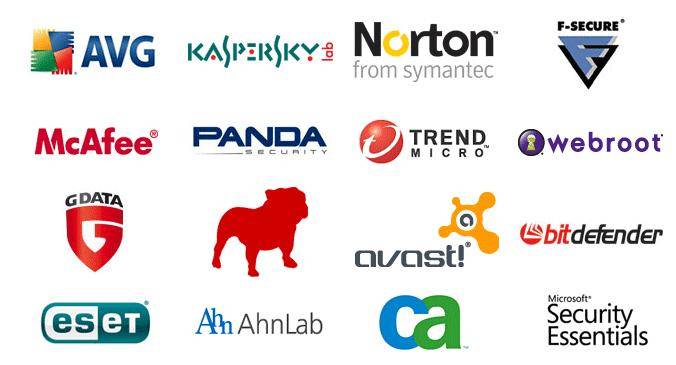 Why is broadband security so important?
Why is broadband security so important?
When you’re online, you are vulnerable to attack by hackers; small ‘programmes’ such as viruses and malware also make you vulnerable. These programmes can be downloaded onto your computer without your knowledge, putting you at risk by releasing information about you to parties who shouldn’t have it. In some cases, those parties may actually do harm to you by stealing your identity; alternatively, these programmes can also damage your computer irreparably.
Protecting yourself
Fortunately, there are means by which you can protect yourself from these threats, and the best broadband services often include this protection as part of their broadband packages. Regardless, you should know how to protect yourself when you use broadband, so that you and your information stay safe:
Antivirus software
Antivirus software helps protect your computer from viruses. These viruses are called that because they work very much like viruses in the human body. They can copy and recopy versions of themselves endlessly, and usually lead to private data being stolen. If you download from unauthorised websites, you’re at risk for getting viruses, and you can also unwittingly get them or pass them on to other people when those people (or you) unknowingly send information with the virus attached. Because of this, it’s imperative that you have antivirus software installed that will protect you. This antivirus software generally protects you from viruses and other dangerous programmes like Trojan horses, which also collect or destroy data and can put you at risk.
Anti-spyware
Increasingly, antivirus programmes are also including anti-spyware capabilities, although you should check and make sure it does so. Anti-spyware programmes are also available with a specific function of removing and protecting your computer from spyware.
As with viruses, spyware can, again, be unwittingly downloaded onto your computer when you visit unauthorised sites. Spyware can keep track of your activity online, including any personal information you’ve entered, and which websites you’ve visited.
Firewall
A firewall is basically a boundary between the information that’s on your computer and the portal that is the Internet. Your firewall automatically blocks known threats, like viruses, and will also usually recognise any weaknesses you have on your system so that you can take care of them. It also screens programmes so that only those programmes deemed safe are opened and used on your computer.
Other known threats: Spam and phishing
Increasingly, providers are offering services to users that help them block spam (unwanted junk e-mail from unknown sources, like unwanted advertisements for miracle hair loss cures), and that discourage phishing. Phishing happens when you receive what looks like a legitimate email from somewhere (like your financial institution), with a link to a site that, again, looks just like financial institution’s website. Oftentimes, these phishing scams ask for personal information like your bank account number as a means to ‘verify’ that you are a customer. These are scams, however, and are simply a way to try to get personal information from you so that it can be stolen.
Although there are increasingly are protections against phishing, the best protection against phishing is your own best judgment. NEVER click on links within emails, such as if you get one that appears as though it’s from your bank. This could take you to a phony site where you may then be tricked into giving personal information you shouldn’t. Instead, always go to your bank or financial institution’s known site by typing in the web address yourself.
These protections will help you stay safe even with ‘always on’ broadband. Ask your provider if these packages are already included, or search for best broadband providers online that will provide these tools to you.







